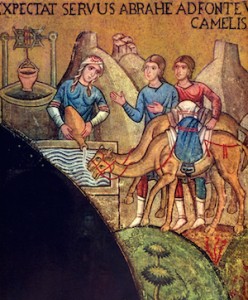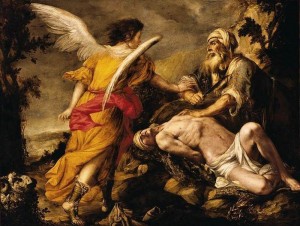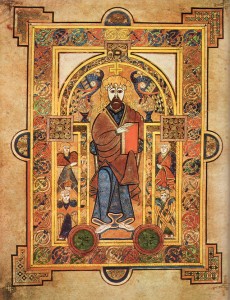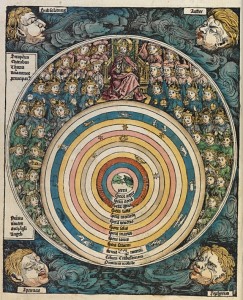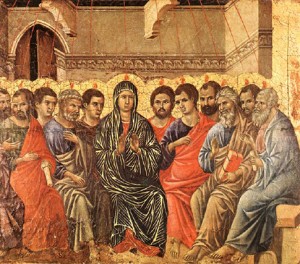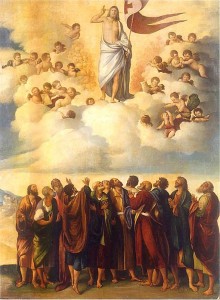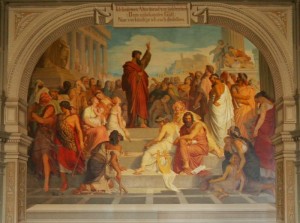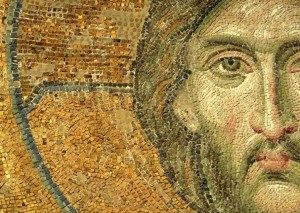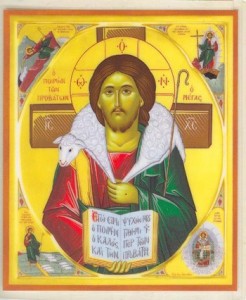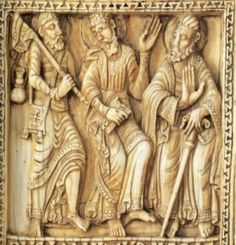Thoughts on Today’s Lessons for Sunday, July 6, 2014
First Reading: Genesis 24:34-38, 42-49, 58-67Rebekah’s response to Abraham’s servant reminds us of Abraham’s response to God’s call: Hearing God’s voice, both respond with faithful trust. Abraham uproots his family and moves to a new land. Rebekah leaves home and family to marry Abraham’s son, Isaac, a man she has not yet met, but who will come to love her. Abraham heard God’s promise that his offspring would become “a great and mighty nation”; Rebekah hears that her children will become “thousands of myriads.” Is this woman’s faith any less than that of Abraham?
First Reading (Track Two): Zechariah 9:9-12
The prophet Zechariah, celebrating the people’s return from exile and their hope of restoring the Temple, envisions a humble yet powerful king who will come to reign in peace and restore the nation’s prosperity. Matthew later will find Jesus so clearly foretold in these verses that he adopts the repetition of Hebrew poetry word for word in depicting Jesus’ entry into Jerusalem: “Look, your king is coming to you, humble, and mounted on a donkey, and on a colt, the foal of a donkey.”
Psalm: Psalm 45:11-18
Today’s psalm is a wedding blessing addressed to a princess bride of Tyre, an ancient island kingdom and sometimes rival to Israel. These verses celebrate the pomp and joy in her impending wedding and its hope of lasting remembrance in future generations, a prayer for future blessing that might remind us God’s promise to Isaac and Rebekah.
Second Reading: Romans 7:15-25a
In recent readings, Paul has assured the Romans that as we “die” to our old lives enslaved to sin through baptism, we are “born” to a new life freed from sin through God’s grace. But now Paul admits that it’s not so easy to leave sin behind. Even when his mind wants to do what’s right, Paul confesses, he can’t get rid of the sin that lives within him. He can’t fight sin on his own – and neither can we – without God’s help through Jesus.
Gospel: Matthew 11:16-19, 25-30
Jesus seems frustrated. Preaching to crowds around Capernaum in Galilee, he calls them “children.” He may be irritable because some people who considered ascetic John’s call for repentance crazy and judgmental are now criticizing Jesus’ joyous embrace of life as evidence that he is a glutton and a drunk. But then he pauses and thanks God. Suddenly his hope for Israel’s children and infants turns gentle. Can we sense a little foretaste of the Beatitudes in this, the promise of God’s Kingdom coming to the poor, the meek, the hungry and thirsty, and all who bear burdens and labor under a heavy yoke?

